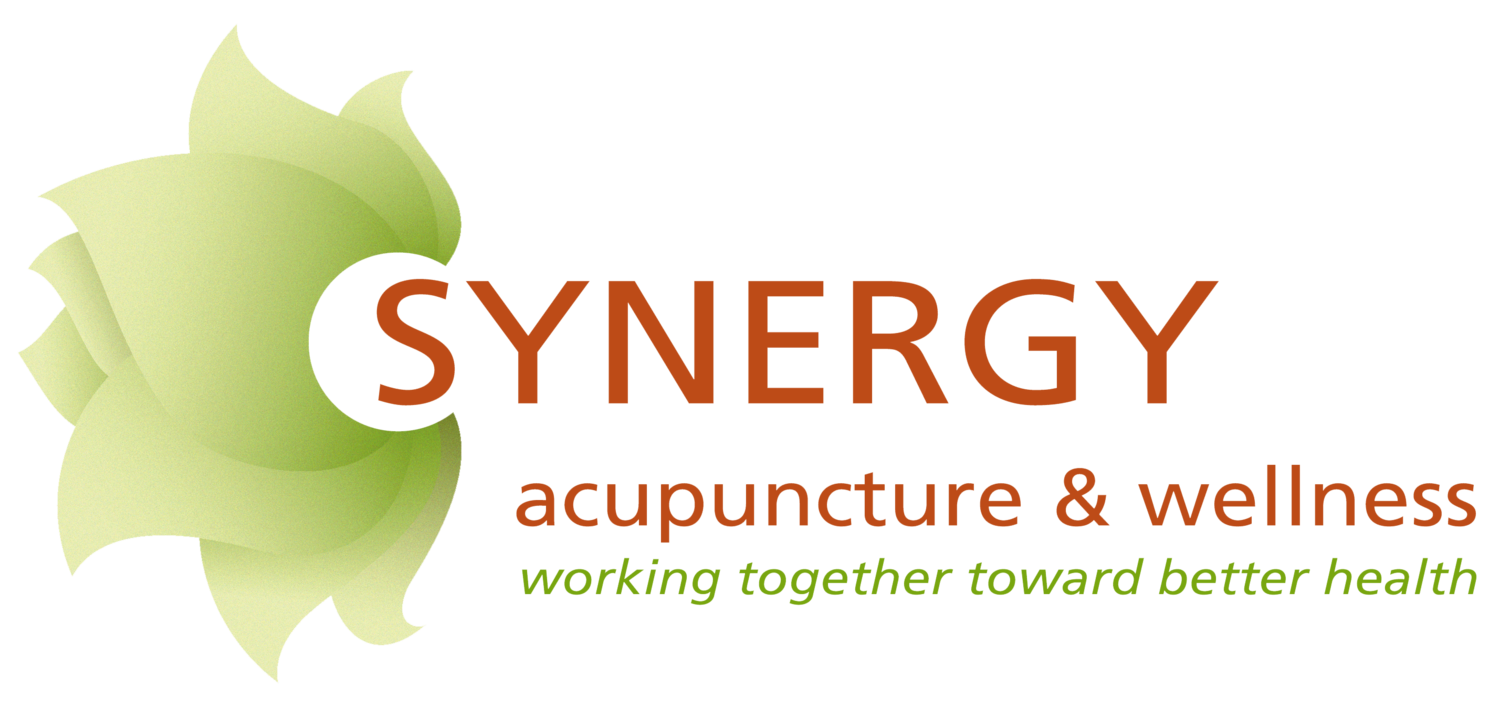The military has long been known for being on the cutting edge of many technologies which become commonly used by civilian society. Many things which we now take for granted in our everyday lives can be traced back to military developments. Microwaves, duct tape, gps and gaming consoles, just to name a few, all evolved from specific military needs. Over the last decade, acupuncture has come to be an important part of both battlefield and post-tour medicine for military members. Veterans can experience a wide spectrum of symptoms during and after their service. Everything from pain, to insomnia and emotional distress can be addressed with acupuncture. There are ongoing studies to put more hard data behind these findings for military personnel and PTSD in particular, but many of the PTSD symptoms have experienced by veterans have been examined individually in civilian research studies. When I was still as student in acupuncture school I had the opportunity to assist at a wonderful project open to veterans and their families called the VAC Metrowest. Most of the veterans who came in were men, which is a shift from what many of us see in private practice where the majority of our patients tend to be women. They were of all ages, having served in wars from the Vietnam era to the Gulf and ongoing Middle East wars. Many came in with pain of some nature, others with sleep problems and still others clearly carrying an unspoken emotional burden. As in this piece recently aired on WBUR's "Here and Now", and this 2010 article from the Department of Defense's own website, without exception all would leave feeling better than when they had walked in.
Accessibility to acupuncture for veterans continues to grow in this area as well as across the country. Two years ago, the Boston VA hospital in Jamaica Plain opened the first acupuncture clinic, headed by one of my teachers, John Coville (Boston VA Acupuncture). Along with the VA and organizations such as VAC Metrowest, acupuncturists hope to help veterans and their families recover from the effects of their service.
